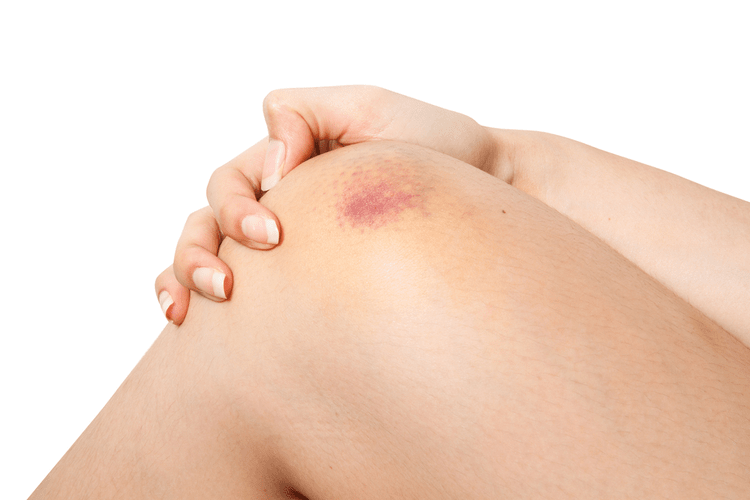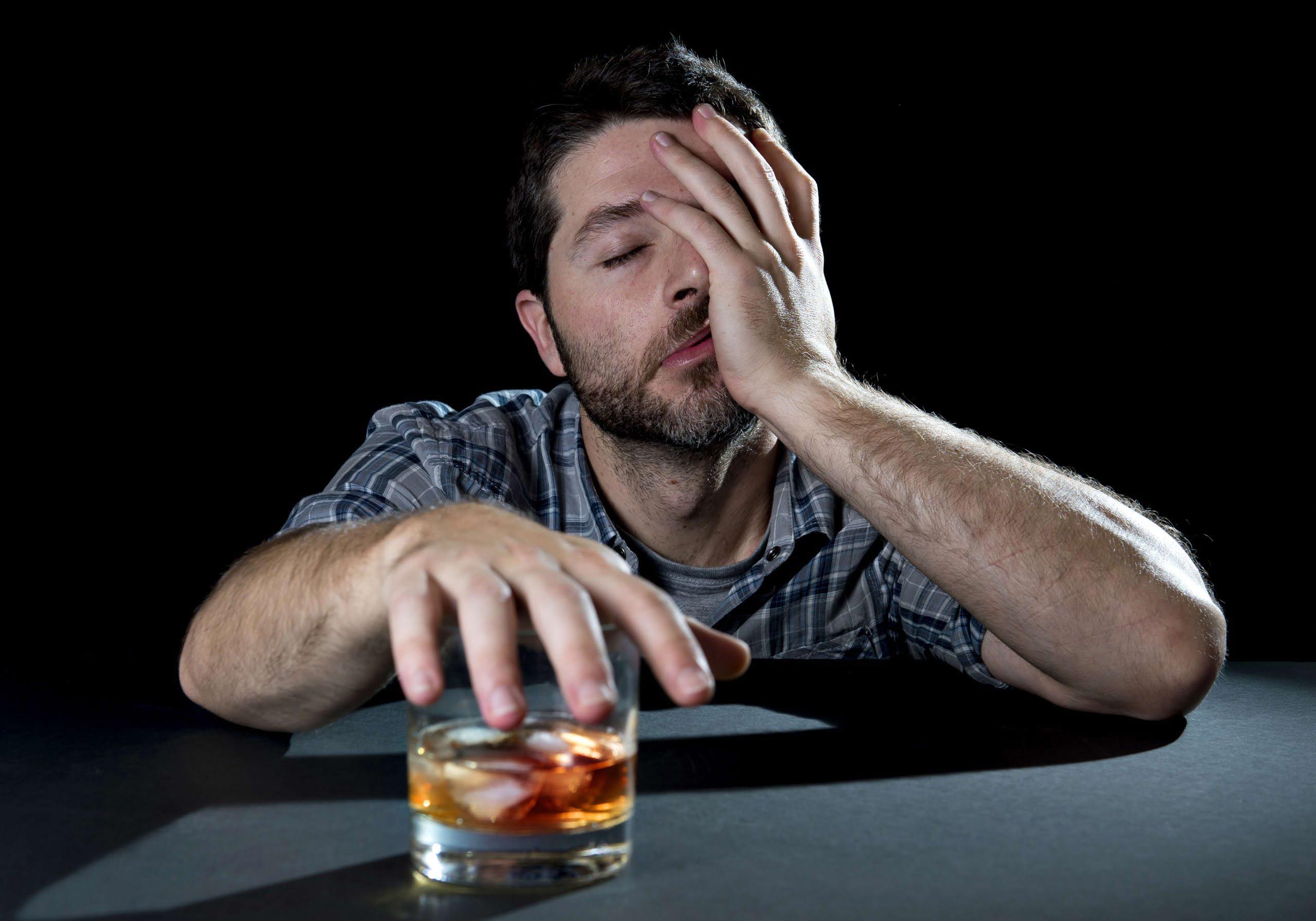For example, in a sample of Vietnam combat veterans with PTSD, more than half subsequently showed signs of alcohol addiction (Bremner et al. 1996). Similarly, women exposed to childhood rape often report turning to alcohol to reduce symptoms of PTSD (Epstein et al. 1998). In addition, investigators found that 40 percent of inpatients receiving treatment for substance abuse also met criteria for PTSD (Dansky et al. 1997). Unfortunately, this example is far too common, as people like Margaret, after an experience of sexual or physical victimization, turn to alcohol to relieve symptoms of anxiety, irritability, and depression. In this paper we present a new model to help explain how trauma’s effects on psychological distress http://mirovoekino.ru/news.php?page=763 may influence alcohol consumption.
- To understand how trauma can lead to emotional distress and affect alcohol consumption, it is important to understand the biochemical changes that occur during and after an experience of uncontrollable trauma.
- Support groups, both in-person and online, can provide a sense of community and shared understanding.
- We are unable to confirm the accuracy of recall of past adverse events and other forms of reporting bias as several of the variables were constructed from personally sensitive self-report data.
- Race/ethnicity was assessed by asking participants first to choose their race/ethnicity from the list of options presented in Table 1 and then to indicate (via open text response) the subgroup that best fits their ethnicity (e.g., Cuban, Mexican).
- Specifically within college students, individuals drank more on days characterized by higher anxiety, and students were more likely to drink to cope on days when they experienced sadness.
- The abstinence duration was determined by inquiring the most recent alcohol consumption episode, and participants responded to whether or not they had ever engaged in driving under the influence of alcohol.
Strategies for managing blackouts

It is usually characterised by binge drinking, where one consumes a large quantity of alcohol in a short period of time. Although our understanding ofalcohol-induced blackouts has improved dramatically, additional research isclearly necessary. By fine-tuning our approach to studying blackouts, we willimprove our understanding of alcohol-induced blackouts, and consequently, bebetter situated to improve prevention strategies. Ultimately, each veteran’s experience is unique, and there is no experience that you have to go through to be considered traumatized. If you find it hard to live with the aftermath of your service, particularly if you are engaging in blackout drinking or other unhealthy behaviors, you may be at higher risk of developing alcohol addiction due to an underlying mental health issue.

Alcohol Use Problems Can Lead to Trauma and Problems in Relationships
Difficulties Engaging in Goal-Directed Behavior also mediated the relationship between PTSD symptoms and alcohol-related consequences in the full sample, and these results remained significant for women when the sample was split by sex. It is possible that for women, PTSD symptoms, especially “difficulty concentrating,” interferes with motivation to attend to tasks when distressed. For women struggling with intense negative affect who have difficulty conceiving and tracking even short-term goals, a pattern of risky alcohol use could develop due to the immediate relief it provides. Past research has found relationships between PTSD hyperarousal symptoms (which includes difficulty concentrating) and alcohol consumption (Duranceau, Fetzner, & Carleton, 2014).
What Causes Blackouts?
Some have speculated that alcohol use among individuals with PTSD is a form of “self-medication” (Leeies, Pagura, Sareen, & Bolton, 2010) and this may be true for some college students as well (Read, Merrill, Griffin, Bachrach, & Khan, 2014). Posttraumatic stress disorder (PTSD), alcohol use, and alcohol-related consequences have been linked to emotion dysregulation. Sex differences exist in both emotion regulation dimensions and alcohol use patterns. This investigation examined facets of emotion dysregulation as potential mediators of the relationship between PTSD symptoms and alcohol-related consequences and whether differences may exist across sexes. In both animals and humans, traumatic events and increased alcohol consumption are clearly related; but alcohol use typically increases following the trauma, rather than during the trauma.

Dual Diagnosis: Treating PTSD and Alcohol Abuse
They not only help reduce drinking behaviour but also prove effective in managing cravings. Even SNRIs, including venlafaxine, have shown effective outcomes for this condition. They perform both serotonin and norepinephrine uptake, particularly at higher dosages.
- For example, Black Americans may find significant relief from coping-related alcohol use, and those who drink to cope are more likely to drink after perceiving a discriminatory experience (Gerrard et al., 2012, Jackson et al., 2010).
- You tend to recall recent events because they’re more pertinent to everyday existence, so some of your older memories start to fade.
- When you use alcohol to deal with PTSD symptoms, you may feel better in the moment, but those feelings always return—often more severely.
practical implications and recommendations for future studies
Overall, these findings suggestthat alcohol-induced blackouts can have profound effects on anindividual’s overall health and well-being, above and beyond the effectsof heavy alcohol consumption. Using longitudinal methods, Schuckit andcolleagues (2015) and Wilhite andFromme (2015) focused specifically on prospective analyses ofalcohol-induced blackouts. Schuckit andcolleagues (2015) used latent class http://larsonpics.com/page/6/ growth analysis to evaluate thepattern of occurrence of alcohol-induced blackouts across 4 time points in 1,402drinking adolescents between the ages of 15–19. Surprisingly,30% of the adolescents reported experiencing an alcohol-induced blackoutat the age of 15, which increased to 74% at age 19. Blackouts, in the context of PTSD, refer to periods of memory loss or gaps in consciousness that can occur during or after traumatic events.
Looking more specifically at facets of emotion dysregulation, PTSD symptoms had an indirect effect on alcohol-related consequences through Impulse Control Difficulties and Difficulties Engaging in Goal-Directed Behavior in the full sample. When we examined men and women separately, Impulse Control Difficulties remained significant only for men. Men with higher PTSD symptoms may have a higher level of impulsivity that leads to reckless behaviors such as risky alcohol use. It is important to note that urgency, or engaging in impulsive behaviors when experiencing negative affect, and impulse control difficulties are very similar constructs, and urgency may be higher in individuals with PTSD (Weiss, Tull, Anestis, & Gratz, 2013). It is possible that for our sample, which was a college attending and non-treatment seeking group, difficulties controlling impulses when upset play less of a role in alcohol-related consequences than in individuals seeking treatment. Drinking to cope with negative affect may explain elevated alcohol use in individuals experiencing distress (Khantzian, 1997).
Potential Neurobiological Mechanisms of Alcohol-Induced Blackouts

Cognitive behavioural therapy is a form of psychotherapy focusing on identifying and changing negative thought patterns that can influence one’s behaviour and emotions. Even when one tries to quit alcohol as a part of rehab, the withdrawal symptoms, along with that of PTSD, make it more difficult. Stopping the use of alcohol abruptly could http://motoking.ru/blog/show/44/Vykhlopnaya_sistema_ot_Akrapovic cause anxiety, tremors, seizures, headaches, insomnia, nausea and vomiting, high blood pressure, etc.
Leave A Comment